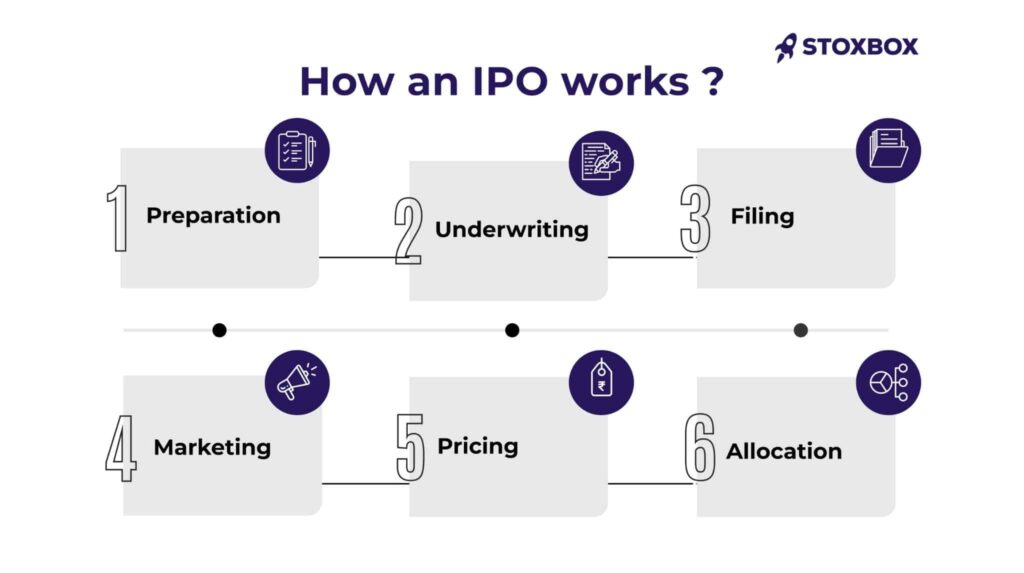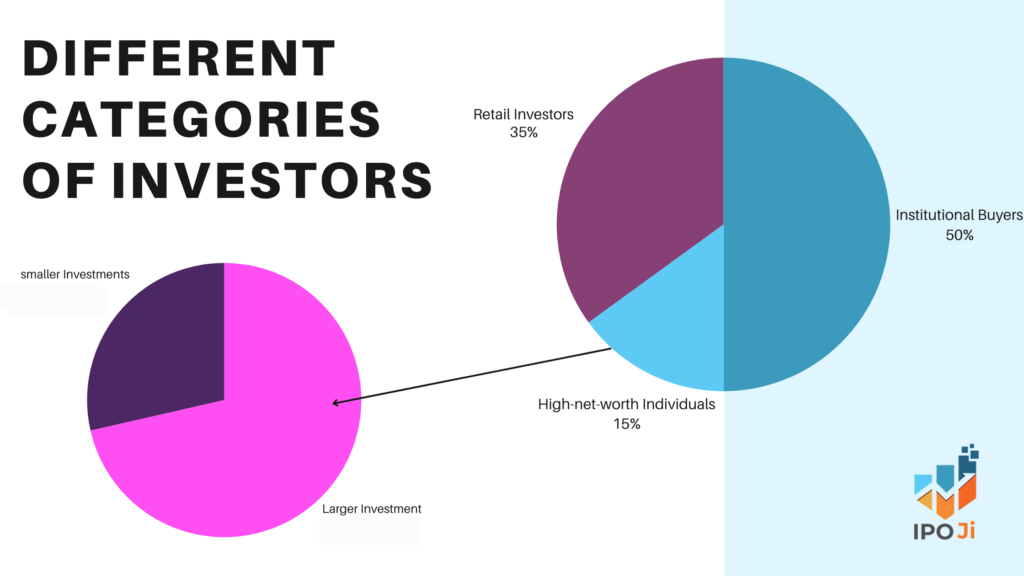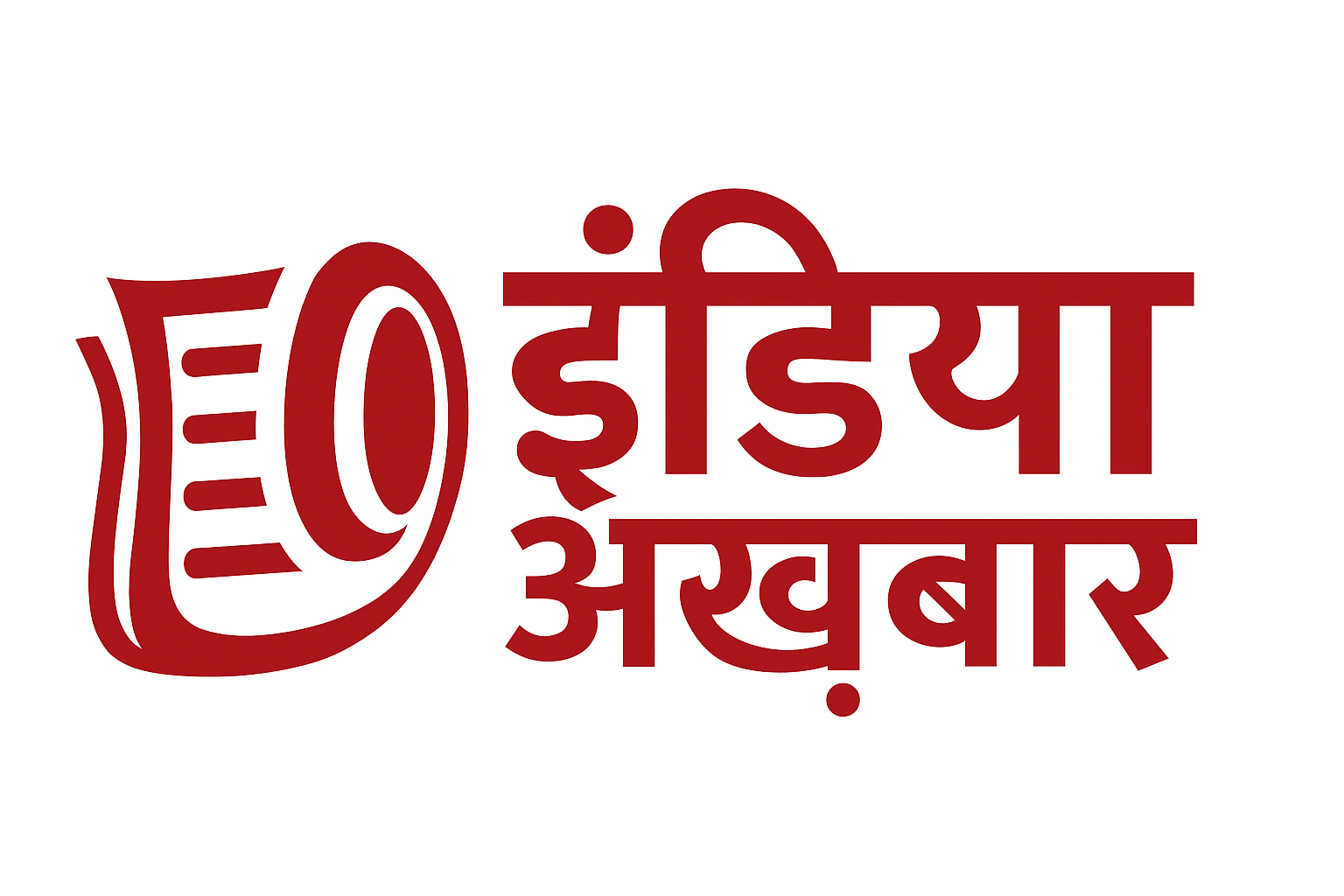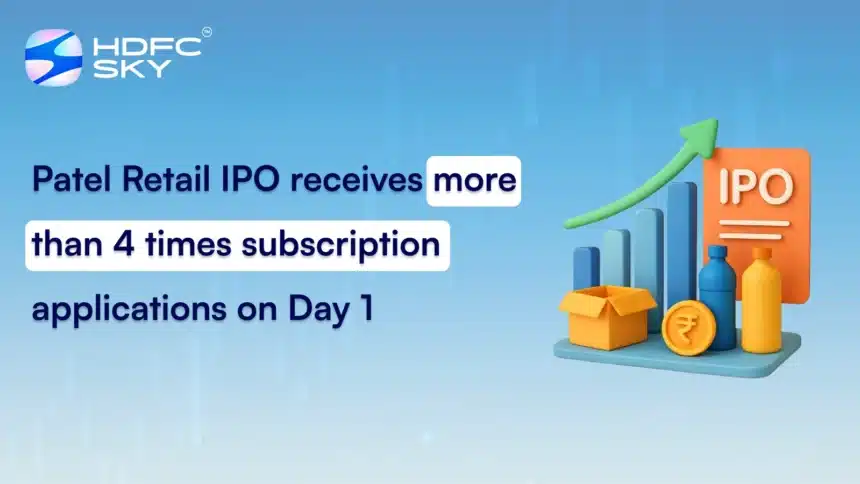Retail IPO Syndication Circles,भारत में IPOs (Initial Public Offerings) हमेशा से investors के लिए एक आकर्षक निवेश का ज़रिया रहे हैं। लेकिन हाल के वर्षों में retail investors का participation unprecedented स्तर तक पहुंच गया है। खासकर 2023–2025 के बीच IPO में retail oversubscription का trend इतना तेज़ हुआ कि allotment पाने के लिए investors को नए तरीकों की तलाश करनी पड़ी। और यहीं से जन्म हुआ एक नए trend का – Retail IPO Syndication Circles।
ये informal groups IPO applications को crowdfunding की तरह manage करते हैं। यानी कई छोटे-छोटे investors मिलकर collective applications डालते हैं, ताकि allotment के chances बढ़ सकें और बाद में returns collectively share किए जाएं। यह trend काफी interesting है क्योंकि यह न तो पूरी तरह legal framework से बाहर है और न ही पूरी तरह formalized है।
What Are Retail IPO Syndication Circles? – रिटेल IPO सिंडिकेशन सर्कल्स क्या हैं?
IPO Syndication Circle एक तरह का informal investor group है। इसमें कुछ retail investors मिलकर IPO applications submit करते हैं। ये group इस तरह काम करता है:
- हर member अपनी capital contribute करता है।
- Group collectively IPO applications apply करता है (multiple demat accounts का इस्तेमाल करके)।
- अगर allotment मिलता है तो shares group members में pre-agreed formula से distribute होते हैं।
- कुछ cases में profit pooling भी होता है – यानी allotment किसी को भी मिले, profit सबको proportionate basis पर share होता है।
इन्हें आप crowdfunding for IPO applications कह सकते हैं।

Why Are Syndication Circles Emerging? – क्यों बढ़ रहे हैं IPO Circles?
IPO में retail participation record levels पर है। Example के लिए, 2024 के कई IPOs 30–50 times oversubscribed हुए। ऐसे scenario में एक single demat account से allotment मिलने की probability बहुत कम होती है।
- Allotment Chances बढ़ाना: Multiple accounts से applications डालकर chances multiply होते हैं।
- Pooling of Resources: छोटे investors भी बड़े IPOs में participate कर सकते हैं।
- Profit Sharing: एक तरह का collective assurance – अगर एक को allotment मिलता है, तो सबको फायदा होगा।
- Community Trust: Syndication circles अक्सर family, friends या trusted investor communities में होते हैं।
How Do These Circles Work in Practice? – ये circles practically कैसे operate करते हैं?
1. Group Formation
Usually 5 से लेकर 50 तक retail investors का group बनता है। यह group WhatsApp, Telegram या local investor clubs के ज़रिए manage होता है।
2. Capital Pooling
हर member predefined amount contribute करता है। For example, अगर IPO में minimum lot ₹15,000 का है, तो group के 10 members मिलकर ₹1.5 lakh pool कर सकते हैं।
3. Multiple Demat Accounts
IPO allotment process में एक account एक application ही submit कर सकता है। Syndication circles इस loophole का फायदा उठाते हैं और pooled capital को multiple demat accounts से invest करते हैं।
4. Allotment & Distribution
अगर allotment किसी account को मिलता है, तो वो shares market price पर बेचे जाते हैं और profit पूरे group में proportionately distribute किया जाता है।

Benefits of Retail IPO Syndication Circles
- Increased Allotment Probability: Group investing से chances naturally बढ़ जाते हैं।
- Risk Sharing: एक investor के loss को group absorb कर सकता है।
- Access to Bigger IPOs: छोटे investors भी बड़े IPOs में entry ले सकते हैं।
- Community Learning: Investors market trends और IPO valuations पर knowledge share करते हैं।
Challenges & Risks – चुनौतियाँ और रिस्क
हालांकि यह model innovative है, लेकिन इसके साथ कुछ बड़ी challenges भी आती हैं:
- Legal Grey Area: IPO applications में pooling या syndication पर SEBI की कोई clear guideline नहीं है।
- Trust Issues: Profit distribution में transparency ना होने से disputes हो सकते हैं।
- Regulatory Scrutiny: अगर यह trend बढ़ा, तो SEBI और exchanges rules tighten कर सकते हैं।
- Operational Complexity: Multiple accounts manage करना और settlement track करना मुश्किल हो सकता है।
Case Study: A Typical IPO Syndication Circle
मान लीजिए 20 लोगों का एक group है, हर एक ने ₹20,000 contribute किया। Total pool = ₹4,00,000।
- 20 demat accounts से अलग-अलग applications submit हुईं।
- Oversubscribed IPO में 2 accounts को allotment मिला।
- Shares listing के बाद ₹15,000 per lot profit दिया।
- Total profit ₹30,000 हुआ जिसे सभी 20 members में equally distribute किया गया।
इस तरह, allotment 2 को मिला, लेकिन फायदा 20 लोगों को हुआ।
Regulatory Perspective – SEBI का नज़रिया
SEBI का clear stand यह है कि हर investor को अपने demat से individual application करनी चाहिए। Syndication circles कहीं-कहीं benami investment की तरह लग सकते हैं। अगर misuse हुआ, तो यह investor protection norms के खिलाफ हो सकता है।
2025 में SEBI इस trend को ध्यान से monitor कर रहा है और उम्मीद है कि आने वाले समय में formal guidelines जारी होंगी।
Investor Lessons – Retail Investors को क्या सीखना चाहिए?
- Transparency: अगर आप syndication circle join करते हैं, तो clear profit-sharing rules होना चाहिए।
- Trust-Based Groups: केवल trusted friends या family circles में ही ऐसे investments करें।
- Avoid Illegal Practices: Dummy accounts या benami investments risk बढ़ा सकते हैं।
- Diversify: केवल IPO circles पर depend ना रहें, बल्कि long-term portfolio बनाएं।
Future of Retail IPO Syndication Circles
2025 और उसके बाद, जैसे-जैसे IPOs में retail participation बढ़ेगा, वैसे-वैसे ये circles और popular होंगे। लेकिन साथ ही, regulators इनके misuse को रोकने के लिए stricter rules भी बना सकते हैं।
अगर properly regulate किया जाए, तो IPO syndication circles crowdfunding + stock market का एक नया hybrid model बना सकते हैं।
Conclusion – निष्कर्ष
Retail IPO Syndication Circles एक emerging financial innovation हैं, जो भारतीय investors की entrepreneurial spirit को दिखाते हैं। यह model अभी legal grey area में है, लेकिन अगर इसे transparency और regulation के साथ adopt किया जाए, तो यह लाखों छोटे investors को IPOs की दुनिया में empower कर सकता है।
Investors के लिए सबसे ज़रूरी है – informed रहना, ethical practices follow करना और long-term wealth creation पर focus करना।
FAQ – अक्सर पूछे जाने वाले सवाल
Q1: IPO Syndication Circle क्या होता है?
Answer: यह एक informal investor group होता है जहां कई लोग मिलकर IPO applications file करते हैं और profit share करते हैं।
Q2: क्या यह legal है?
Answer: पूरी तरह illegal नहीं है, लेकिन SEBI ने अभी तक इसके लिए clear rules define नहीं किए हैं।
Q3: इसमें सबसे बड़ा फायदा क्या है?
Answer: Allotment chances बढ़ जाते हैं और छोटे investors भी बड़े IPOs में entry पा सकते हैं।
Q4: इसमें सबसे बड़ा risk क्या है?
Answer: Profit distribution में trust issues और regulatory scrutiny।
Q5: Future में इसका scope कैसा है?
Answer: Scope बहुत बड़ा है, लेकिन regulators formal framework बनाएंगे ताकि misuse ना हो।
Read More :- India’s Growing Market of Second-Hand Refurbished Tech
Read More :- How Fan-Created Content Is Influencing Film Promotions














